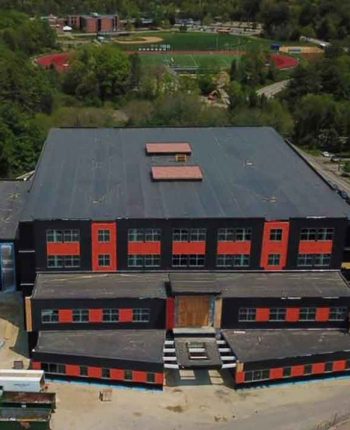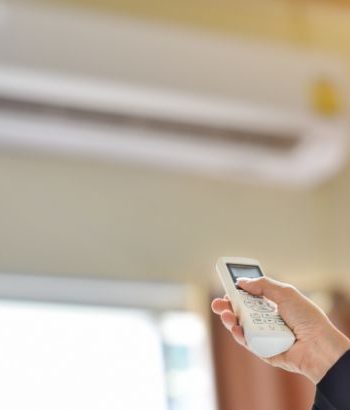
Money-Saving Tips for Water Heating
Water heating accounts for nearly 20 percent of the energy costs in a typical home, according to the U.S. Department of Energy (DOE). By finding ways to conserve water use and improve the efficiency of your hot water appliances and equipment, you can save substantially on your utility bills.
Conserving water and energy
- Fix leaking faucets. Repair leaky faucets quickly; a dripping faucet can waste gallons of water each day.
- Run a full load. You can conserve water and energy if you only operate dishwashers, clothes washers and other appliances that use hot water when you have a full load.
- Take showers, not baths. Showers use less water than baths. Consider using a timer to encourage household members to take shorter showers.
- Install low-flow fixtures. Aerated faucets and low-flow showerheads can help lower your water heating costs and reduce water usage by up to 60 percent, according to the U.S. Environmental Protection Agency (EPA).
- Lower the temperature of your hot water heater. Turn the thermostat on your water heater down to 120°F. You can reduce your water heating costs by 6 to 10 percent, according to the EPA.
- Insulate your hot water tank. Insulate the hot water tank on older units, but be careful not to cover the thermostat or the burner on natural gas or oil-fired units. Newer, high-efficiency water heaters may not require insulation.
- Insulate pipes. Insulate the first 6 feet of the hot and cold water pipes connected to your water heater.
Long-term savings
- Install a new, energy-efficient water heater. While energy-efficient water heaters may cost more than standard models, the energy savings over the lifetime of the appliance can be substantial. Use the yellow EnergyGuide label to estimate the annual operating cost.
- Energy-efficient appliances. Replace older dishwashers and clothes washers with new, ENERGY STAR® rated models. ENERGY STAR qualified appliances use less water and are more energy efficient than standard units.
- Install a drain water heat recovery system. Up to 90 percent of the energy used to heat water in homes literally goes down the drain, according to the DOE. By installing a drain water heat recovery system, you can use this energy to preheat cold water entering the water heater.
- Hot water on demand. Demand or tankless water heaters provide hot water as needed, without the standby losses associated storage water heaters. According to the DOE, demand units can be 8 to 34 percent more efficient than conventional storage tank water heaters; depending on the size of the home.
Solar water heating is a cost-effective way to provide hot water for your home. Systems include storage tanks and solar collectors, which are typically mounted on the roof. Solar water heaters often require conventional backup unit for cloudy days or periods of high demand. An ENERGY STAR qualified solar water heater can reduce your water heating costs by 50 percent.


